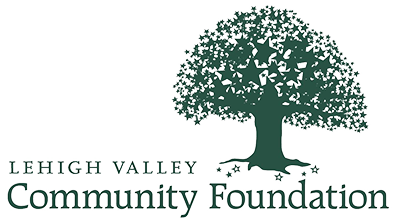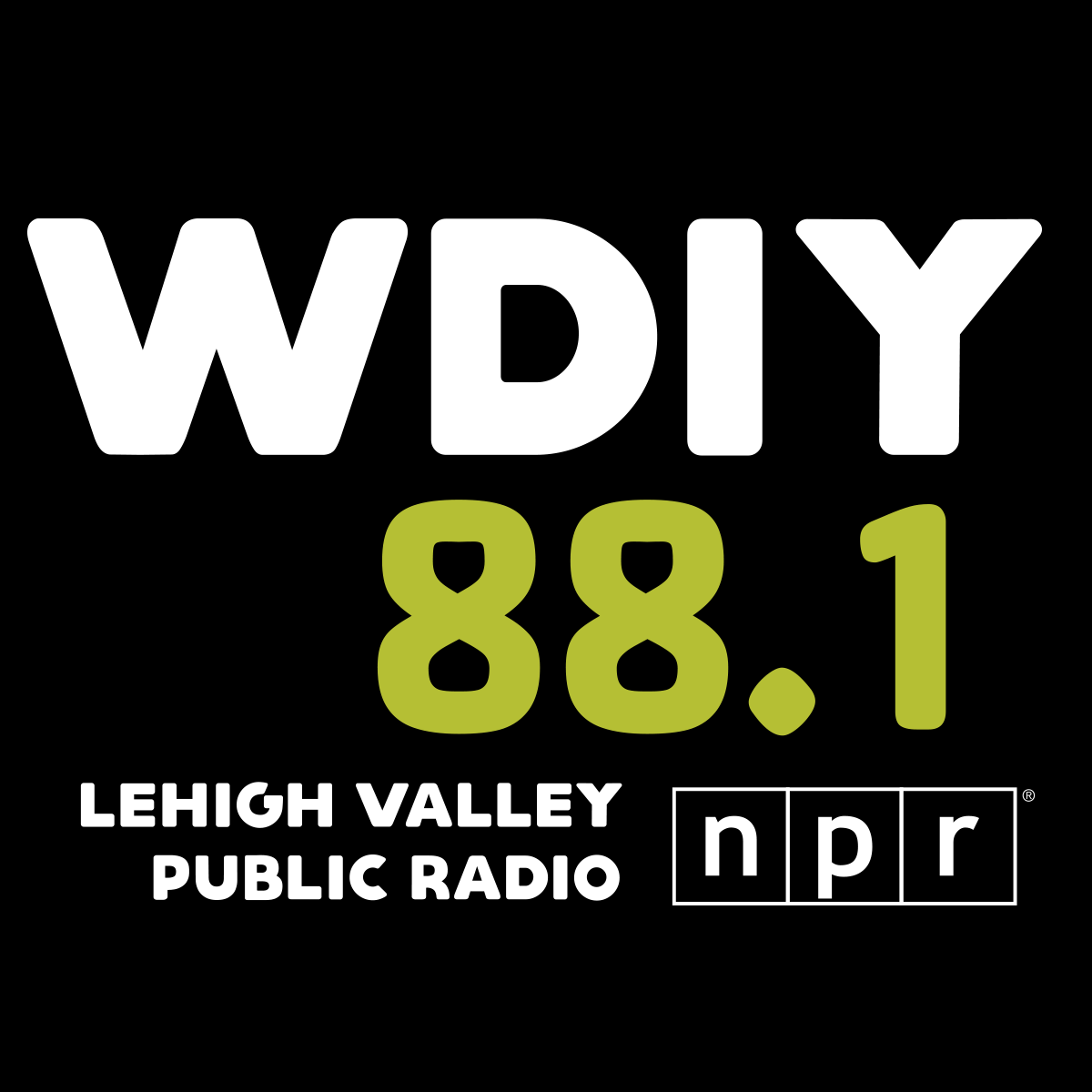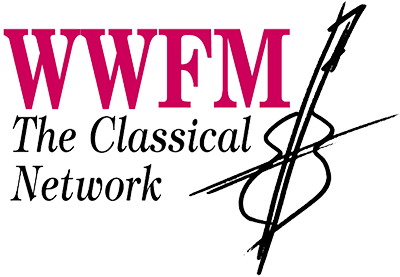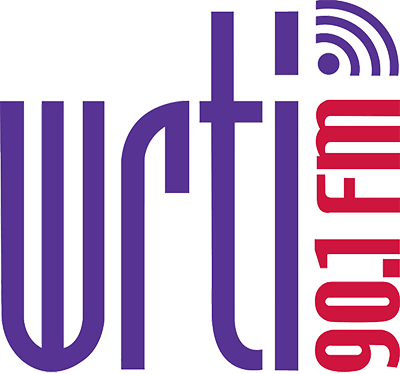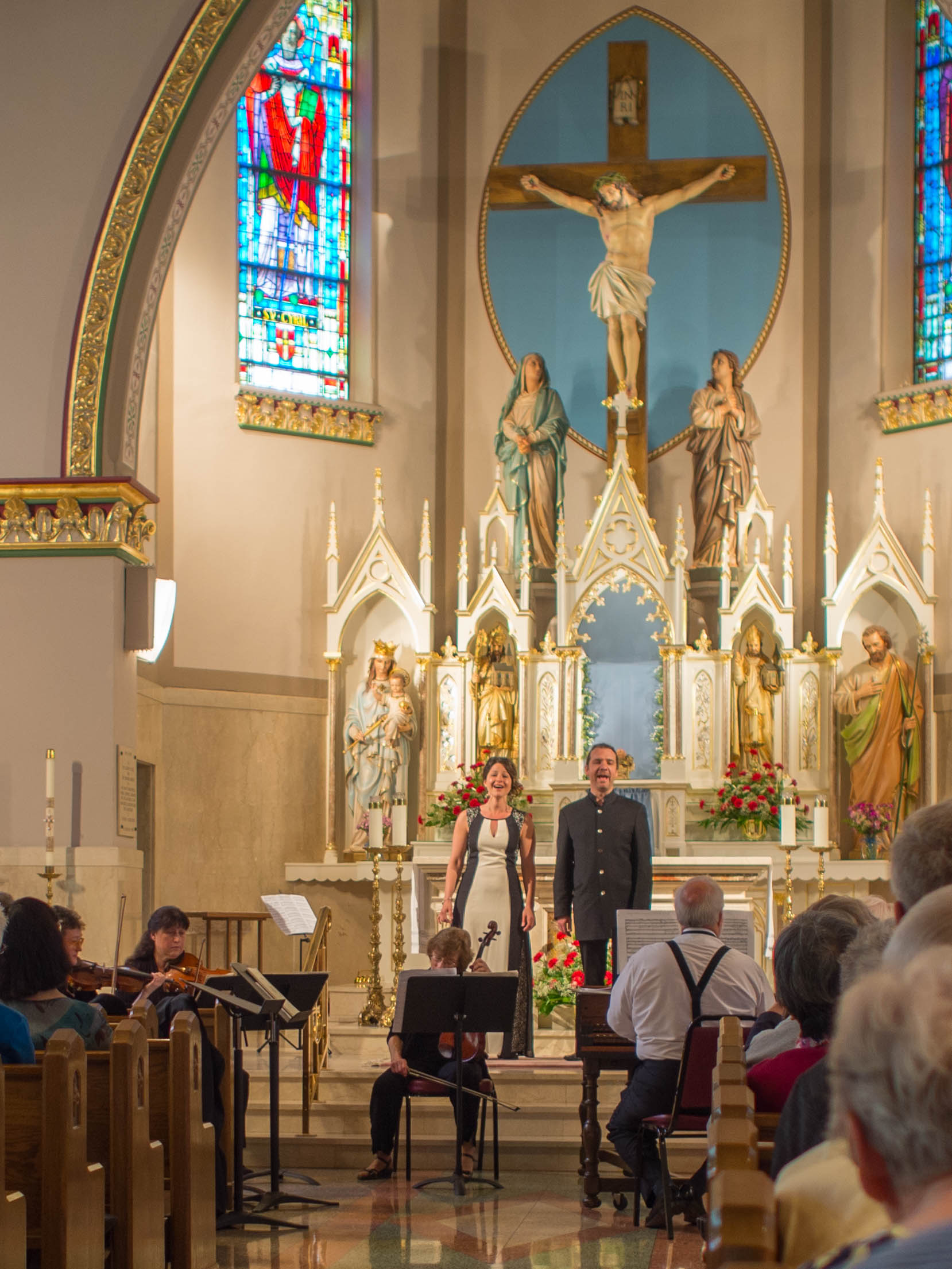
Agnes Zigovics and Daniel Taylor
A couple hours ago, the last event of 109 concluded in Peter Hall on Moravian College’s lovely Priscilla Payne Hurd Campus, with the awarding of the prizes in the Ninth Biennial Bach Vocal Competition for Young American Singers. I attended everything on offer at this year’s festival, except Zimmerman’s Coffee House, the dinner and informal talk by Dr. Larry Lipkis, and the Chamber Music in the Saal (all of which created considerable appreciative buzz), and am delighted to share my impressions below. What an amazing two weekends of brilliant festivities!
Distinguished Scholar Lecture, Christoph Wolff
We were delighted to welcome Professor Wolff back for a lecture entitled, “Never-Ending News about Bach’s Life and Works.” Dr. Wolff is probably the apotheosis of the word “distinguished,” and he was a charming and beyond-brilliant guide to some exciting news from the world of Bach scholarship. As Director of the Bach-Archiv, Leipzig, he set the course for a project that became known, internally at the Archiv, as the Bach Expedition, which involved a wide-scale cataloging of primary sources throughout the region around Leipzig, many of which were hiding in church archives and all kinds of unideal conditions. In his presentation, we saw slides of organ tablature in Bach’s hand of one of Buxtehude’s most difficult organ chorales, authenticated to when Bach was 13 years old! Dr. Wolff also shared the story of the discovery of a Bach work no one in recent times had known about, the aria Alles mit Gott, which was discovered in Weimar in 2005. There was much historical intrigue, lots of examples in images of historic editions and recordings, all presented with Dr. Wolff’s signature enthusiasm and erudition. This excellent time with so bright a light in the area of musical scholarship set a marvelous tone for what was to follow. As a Bach enthusiast and trained musician, I was rapt the entire time. My companion for the afternoon, my dear mother, also commented on the accessibility of Dr. Wolff’s lecture – she had a fantastic time, as well! Danke, Professor Wolff!
Bach at 4
We made the easy walk (with the option of a shuttle bus – our dedicated staff has made accessibility for all of our audience a very-important priority, and it shows) to the Incarnation of Our Lord Church, for an intimate and infectiously cheerful concert. A word about the venue, pictured above. If you’ve not been in the veritable world showcase of churches on Bethlehem’s South Side, you owe to yourself to have a look around. Many are just stunningly beautiful. Among the fairest is Incarnation Church, which is a wonder of stained glass, marble, and plaster. It’s perhaps a third the size of Packer Memorial Church, but with achingly good acoustics, vivid statuary, and beautiful stained glass. We began our time together in this hallowed and inspirational space with a chorale sing. Greg Funfgeld gave his typically winsome introductions to the chorales, complete with historical details and much cheerful encouragement, and we responded with vigorous singing of the chorales. The instrumentalists began the concert proper with the Entrance of the Queen of Sheba from the oratorio, Solomon, one on a part, with Greg leading from the harpsichord. It was the perfect overture as it set the tone for a series of arias and duets from Händel’s considerable cache of vocal music. This will be a long post if I detail all of the excellence we experienced, but each of our soloists, Agnes Zigovics, Daniel Taylor, and Ben Butterfield, were just utterly captivating, with splendid contributions by the accompanying instrumentalists. The concert continued with Loretta O’Sullivan, ‘cellist extraordinaire, who offered a brilliant Vivaldi sonata, with Greg, again, on the harpsichord. Her playing was, as always, lyrical, and full of panache. Her colleague instrumentalists returned for Bach’s radiant Cantata 96, which also featured Tricia Van Oers on sopranino and tenor recorders. I offer a wistful sigh to think of all of this – the program was a perfect union of space, repertoire, and performers. A small group of singers from the Choir sang the opening chorus with vocal dexterity and an ideally lean sound. Dan Lichti joined the performance near the end, and sang a lovely and evocative aria, complete with vivd text-painting from the orchestra. We concluded the afternoon by singing the closing chorale together (having had a go at it already in the chorale sing). A bonus in the program were the opportunities to hear Daniel and Benjamin speak about the music, with signature wit and much humor. What an excellent program!
Friday Evening
I wrote about Friday evening last week, but this week’s performance of the same repertoire was equally affecting. Cantata 100 went very well, with a serious tip of the hat to our horn players, Tony Cecere and Dan Braden, for their yeoman’s work in navigating the fiercely difficult obbligatos. The arias were brilliantly rendered, and the choruses seemed to go well. Terry Everson’s playing on the Second Brandenburg Concerto was just magnificent, as was his sensitivity to the rest of the instrumental group – #2 is a concerto grosso for flute, violin, oboe, and trumpet, with support from the strings. Everyone played marvelously – I especially enjoyed hearing the soloists trading off a turn-filled figure in the first movement. I also enjoyed the fleet and deft contributions by our continuo players. We were thrilled to have the brilliant Debbie Davis join Loretta O’Sullivan on cello – she returns to us by way of Chapel Hill, NC, where she relocated to last summer. Likewise, Steve Groat and Dan McDougall offer a firm foundation from behind their double basses. To my ear, one of the first signs of mediocrity in baroque orchestras is clumsy bass playing. Not so with our two bassists, who play with sensitivity, clarity, and amazing dexterity. A tip of the hat to Debbie, Loretta, Steve, and Dan! The Easter Oratorio went very well, too – with powerhouse contributions by trumpets and timpani, and Mary Watt’s no-superlative-is-too-strong rendering of the gorgeous oboe obbligato in the second movement. Likewise, Nobuo Kitagawa joined Daniel Taylor for a beautiful aria, with stellar playing and singing from both gentlemen. So many magical moments!
Saturday Morning: Taylor 2 and the Bach Festival Orchestra
I’ve thus far wanted to describe all of these performances as tremendously life-affirming (perhaps that applies to the Festival, as a whole), but I’ve saved it for the program of dance and exceptionally beautiful orchestral music offered by the BFO and Taylor 2. By turns lyrical, humorous, jaw-droppingly athletic, pyrotechnic, and always archly-elegant, having Paul Taylor’s iconic choreography combined with some really stunning orchestral playing made one ecstatic to be alive and in the presence of such greatness. The program explored a panoply of moods and emotions, and built to an effervescent climax in Taylor’s signature Bach work, Esplanade, which evoked gasps of wonder and delight from the audience during the performance, followed by a roaring ovation at its completion. More tips of the hat to our instrumental soloists, particularly Liz Field and Claire Bright for expert contributions from the violin, and to Charlotte Mattax Moersch, who played, rapid-fire, six movements from Bach’s harpsichord concerti, and made it look terribly easy.
Saturday Afternoon: The Mass in B-Minor
We returned to hallowed ground, again, with what felt like an exceptional performance of the Mass. As I mentioned in my preview, the Mass got a little extra love in rehearsal, this year, and I think that time paid dividends. Each performance is necessarily different, and Greg’s interpretation seems to continue to evolve and deepen. From where I stood, halfway up the choral risers, and to the far right, the hushed sound he achieved at the end of the Crucifixus was especially powerful, as was the ecstatic joy of the Resurrexit. For several retiring singers, this was their last performance, and emotions were running high – one of the things we treasure as musicians and members of this august organization is the legacy shared from one generation to the next. Our esteem for our retiring colleagues is endless, and our gratitude for their contributions is inexhaustible. Another tip of the hat to them!
Sunday Afternoon: The Ninth Biennial Bach Vocal Competition for Young American Singers
After a long morning at church, today, I quickly headed over to Peter Hall for the competition. I have to admit, my heart sank a little when I saw that there were nine finalists, each of whom sang two arias. Sunday afternoon is usually prime nap time for church musicians, and I wondered if I could stay alert for such a long program. A few moments into the stunning displays of talent, and I had my answer – this was a riveting afternoon of music-making! Two of our exceptional soloists, Rosa Lamoreaux and William Sharp, narrowed the large pool of entrants down to the nine who sang today, and were joined by Ben Butterfield, Greg Funfgeld, and Stephen Crist (President of the American Bach Society, who co-sponsors the competition), as judges. Each singer was prodigiously talented, and I suspect that we’ll recognize many of their names in programs and on marquees in the future. That said, I see futures for some of them elsewhere than the baroque oratorio and opera stage – some of the singers seemed better suited to roles requiring larger voices, but each made a persuasive argument for Bach with their own interpretative excellence and accomplished performances. The winners included Brian Giebler, from Long Island City, NY, a resonant and sensitive tenor, who received an honorable mention. Sharing first place honors were Christopher Edwards, from College Park, MD, a baritone with exceptional color and finesse, and soprano Nola Richardson, who is working on a DMA at Yale (singers from Yale always seem to do well in this competition: past winners include Joshua Copeland, Laura Atkinson, and Dashon Burton, all alumni from that excellent institution). Nola received an honorable mention in 2014, has a lovely and radiant voice, and is clearly ascendant. A hearty bravo(a) to all of the competitors – the afternoon flew by on a wave a youthful energy and stunning talent. I should also mention that our Assistant Conductor, Organist, and Accompanist, Tom Goeman, accompanied all eighteen arias with unflappable precision, and, frankly, ridiculous musicality (after playing continuo in nearly all of the concerts of the Festival). How Tom can render every note he plays with contrasting dynamism and color remains a perplexing mystery to me – his musical support for the competitors was a complete wonder to behold.
Final Thoughts
When we set out to re-imagine the Bethlehem Bach Festival, we sought to maintain and preserve our treasured traditions, spruce up our audience services, and introduce a wider range of experiences, using what we’ve learned in offering Bach at Noon and in our ever-evolving and widening educational outreach efforts, and with an ear to rail for what’s working for other organizations of our size and scope. The 109th Bethlehem Bach Festival represents our second effort at this, and I’m very proud of what we offered to audiences from the region and beyond. Kudos to our Festival Hospitality Committee, to Greg Funfgeld for conceiving, rehearsing, and leading such an immense array of concerts, and to our peerless administrative staff, in particular our Executive Director, Bridget George, our Deputy Executive Director, Karen Glose, and our wunderkind (relatively speaking) Administrative Assistant and Special Events Coordinator, Andrea Fritchey, for a job marvelously done. My final tip of the hat goes to those of you who joined us as audience for all the concerts and events of 109. We are flattered and humbled by your presence and support, and we are beyond delighted to share our musical offerings with you as members of our beloved Bach Choir Family!
















